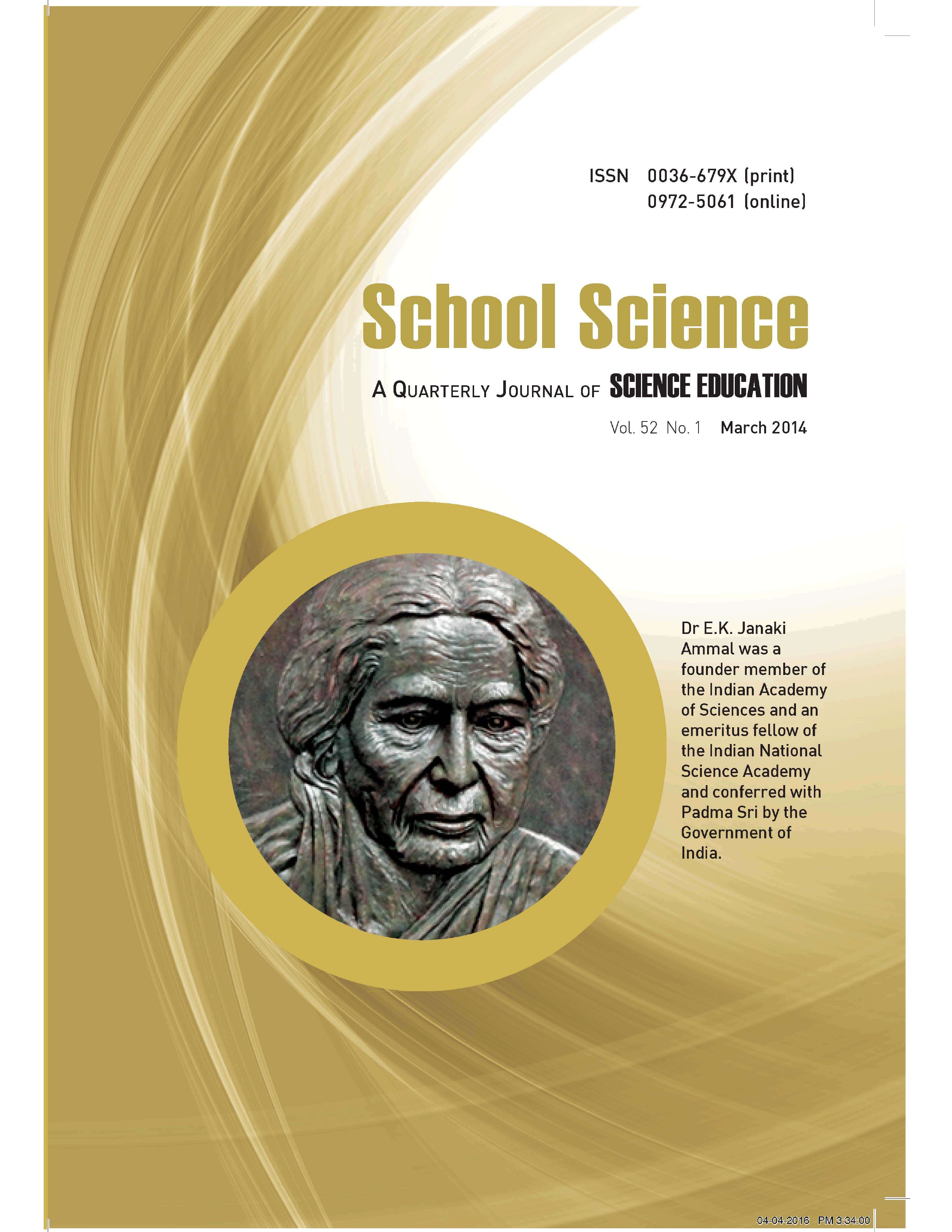EFFECT OF CONCEPT MAPPING STRATEGY ON ACHIEVEMENT IN ORGANIC CHEMISTRY OF CLASS XII SCIENCE STUDENTS

Published 2014-03-31
Keywords
- scientific knowledge,
- Ausubel’s theory of meaningful learning,
- Concept maps
How to Cite
Abstract
Chemistry is often full of abstract concepts resulting from its inherent complex nature. It may lead to extensive misconceptions among students (Gable, 1999). It is also a common problem in chemistry that even if students do well in examinations, they still may fail in solving basic textbook problems, which is a sign of rote learning (Pendley et al., 1994). It is important to find various new as well as interesting ways that can lead towards meaningful chemistry learning. One way to accomplish this, is to apply Ausubel’s theory of meaningful learning. Concept maps were devised as a device of meaningful learning which can be regarded as the counter and effective replacement of rote learning. The use of concept map has been widely investigated in the field of chemistry. According to Francisco et al., (2002) and Nicoll et al., (2001), concept maps are a useful learning tool in chemistry. Concept maps can improve understanding of chemical concepts and help build connections among abstract concepts. Concept maps can also be used as a misconception correction tool.
